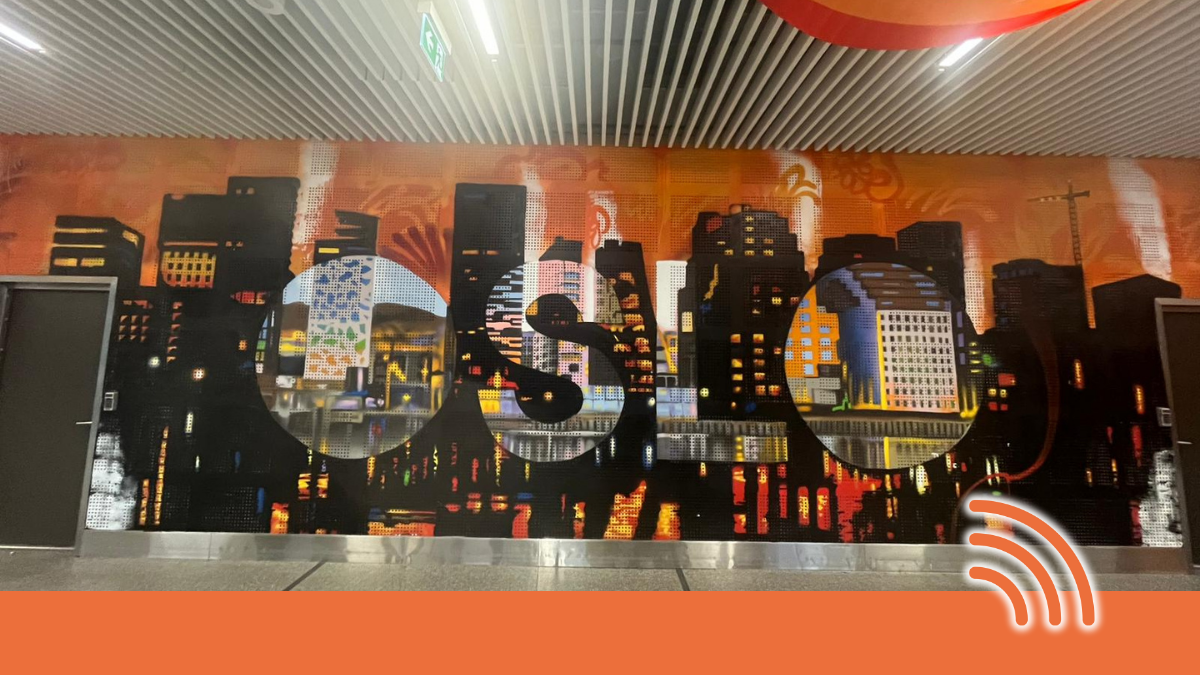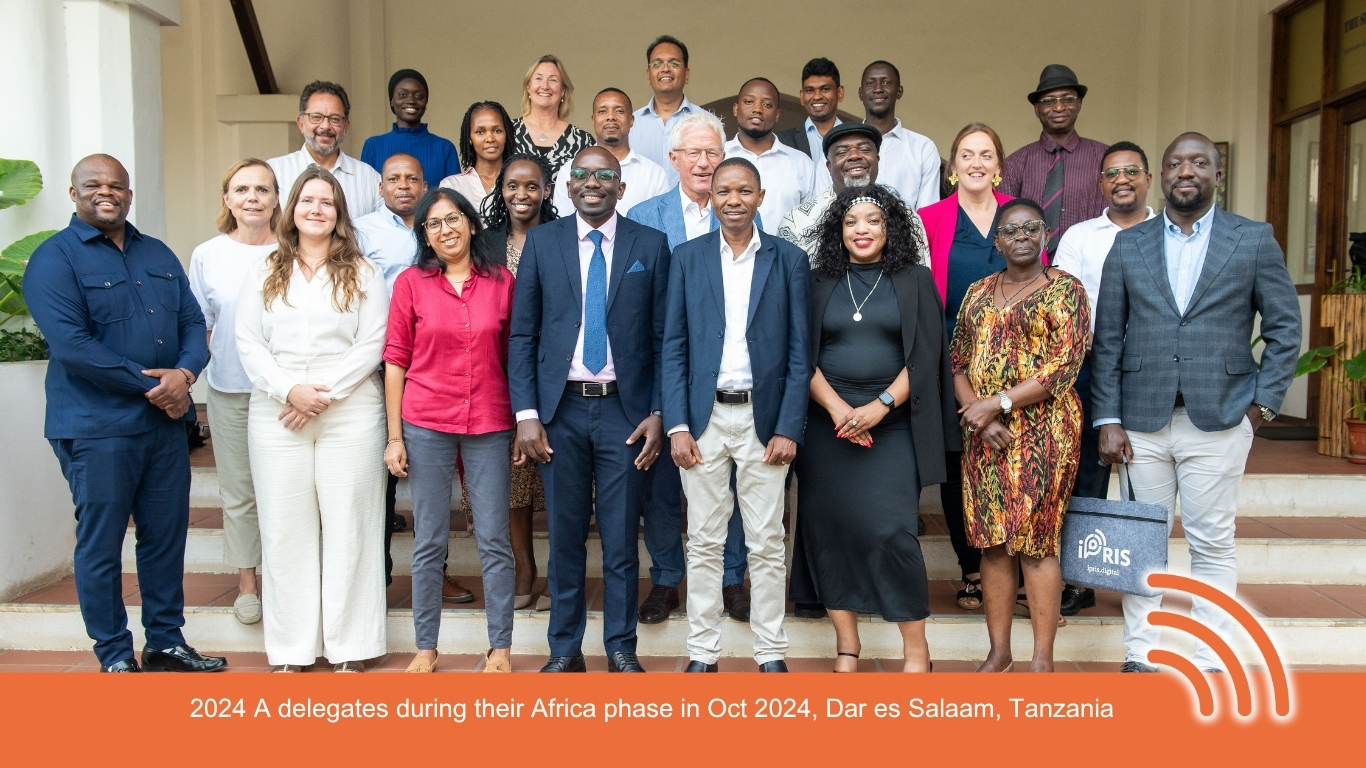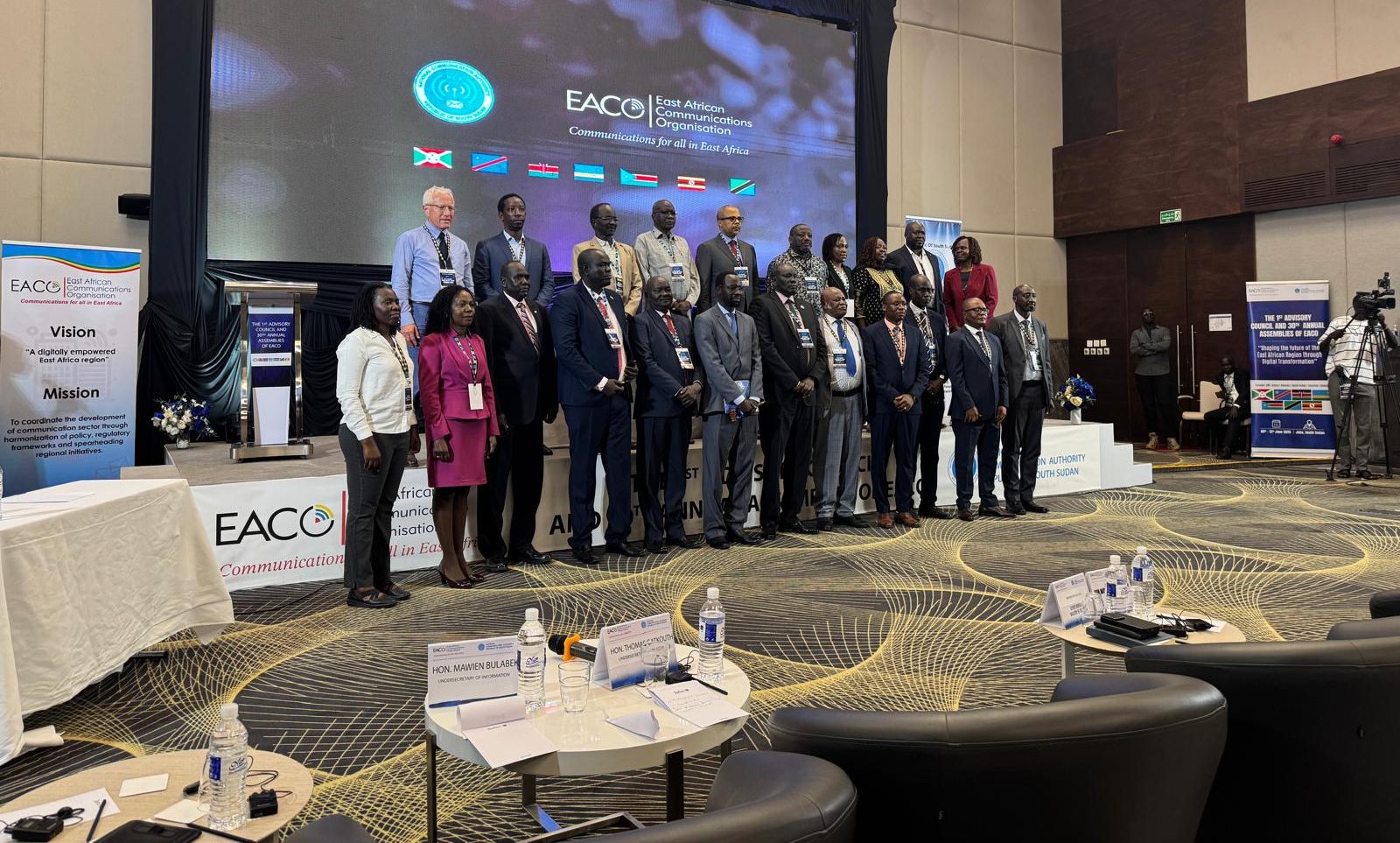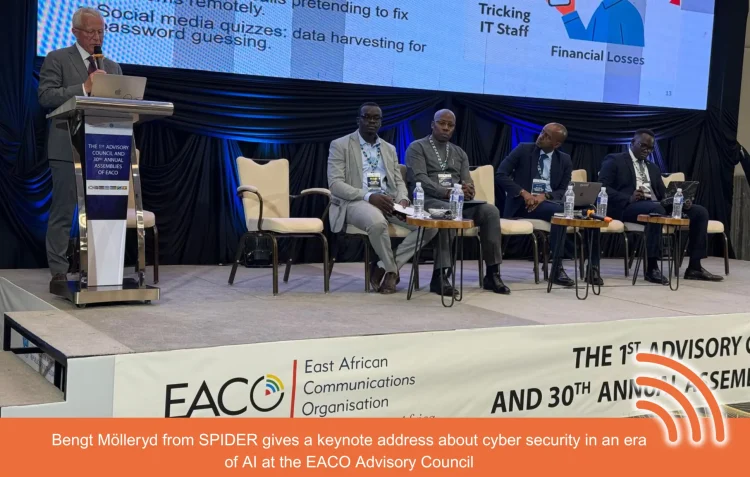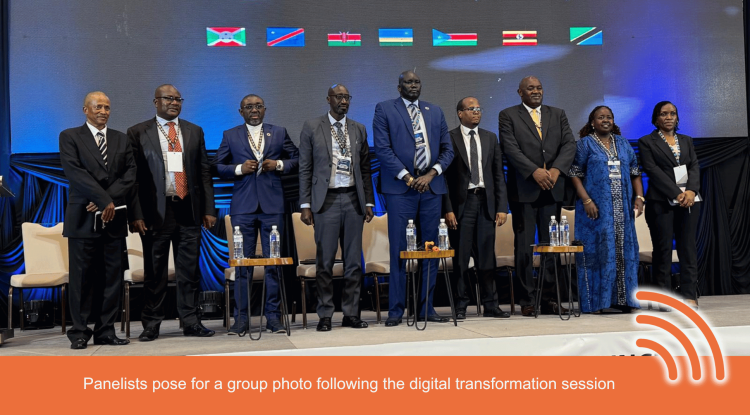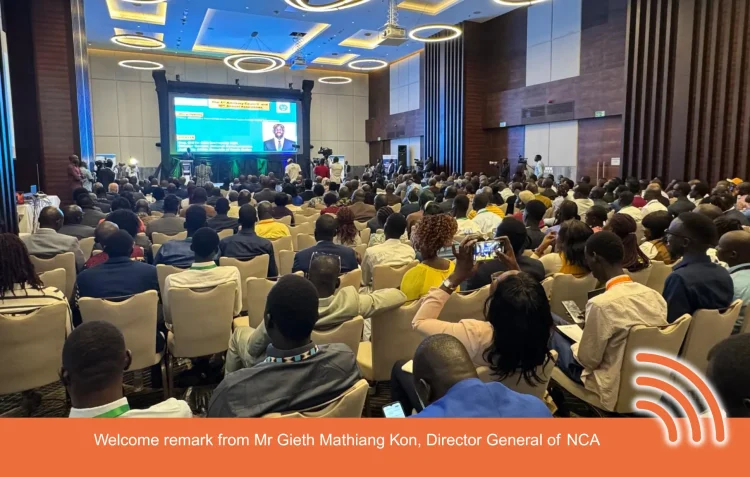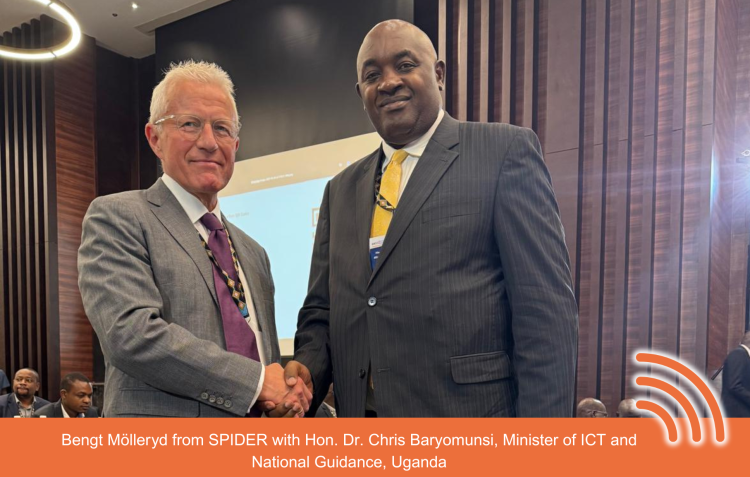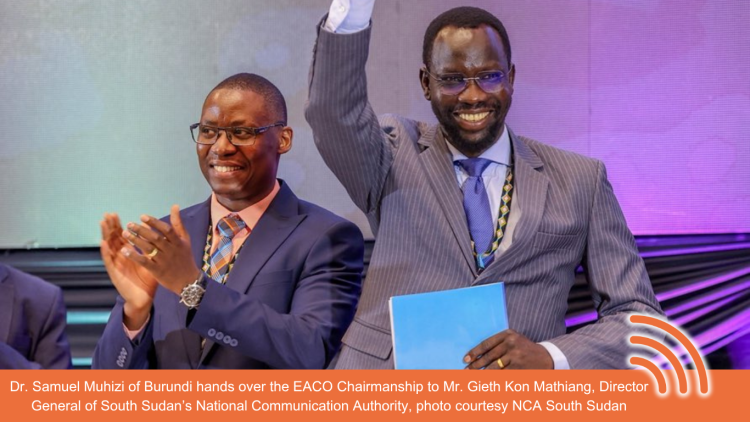iPRIS at IGF 2025
iPRIS was represented by SPIDER in Lillestrøm, Norway, at the Internet Governance Forum (IGF), which took place from 23-27 June. IGF was filled with dynamic interactions and knowledge exchange opportunities for iPRIS, showcasing Africa's strides towards inclusive policy and regulatory innovation. There was also engagement throughout the week from a regular stream of visitors at the SPIDER booth, ranging from regulators, civil society, development partners, and digital rights advocates from around the globe. One-on-one dialogues would be held with the delegates, who would participate in interactive activities such as quizzes and thematic prompts, while also engaging in discussions on the daily regulatory challenges shaping Africa's digital future.
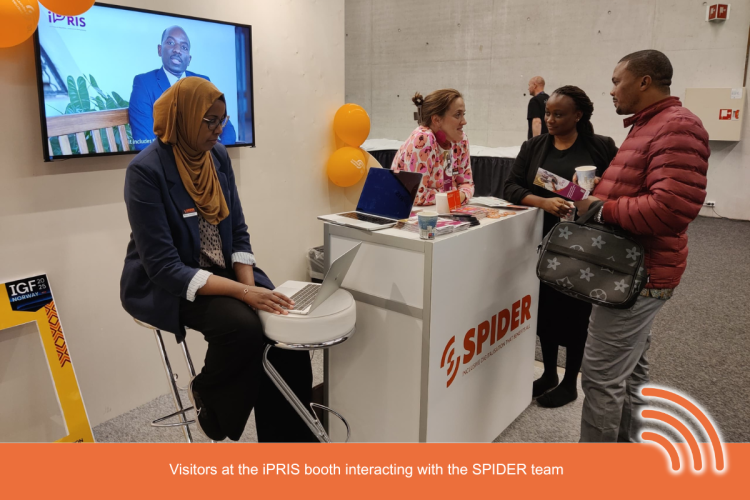
In particular, the iPRIS booth aimed to emphasise regulation that facilitates meaningful connectivity, where "connectivity" is meant to refer to digital access that translates into real opportunities for underserved communities. Visitors to the booth were invited to consider the question: "What does meaningful connectivity mean to you?" This gave rise to some powerful insights emanating from stakeholders drawing from different regions and sectors.
Prof. Abdulkarim Ayopo Oloyede from the University of Ilorin, Nigeria, revealed that “Meaningful connectivity for me as a Nigerian means being able to have access to the internet whenever and wherever. Our challenge remains coverage. I drive to work an hour every morning, half of that time I have no connection, not to the internet nor regular voice calls.”
Additionally, a range of visitors shared video reflections on how digital innovations have truly transformed their work. Among them were health professionals, leaders from community networks, and policy advocates-a testimony to being flexible, inclusive, and rooted regulation.
“We are working with the Communications Authority, which has also set up a regulatory sandbox to explore new ways in which spectrum that is available can also be provided to community connectivity organizations to make sure that no one is left behind in the current digital age,” said Barack Otieno, Chair of the Association of Community Networks in Kenya, highlighting how regulatory reforms are enabling connectivity for underserved communities through new licensing frameworks and innovative spectrum use.
IGF 2025 provided a timely opportunity for iPRIS to contribute to broader global conversations on internet governance, spectrum policy, AI regulation, and regional cooperation. When the conference finally ended, the iPRIS team expressed their appreciation to all the people who visited the booth, shared their experiences, and raised the profile of African regulatory leadership on the world stage.
Keep an eye on our LinkedIn page for all the recent updates, interviews, and lessons from the iPRIS Project.
iPRIS is coordinated and implemented by SPIDER in strategic and technical partnership with the Swedish Post and Telecom Authority (PTS) and the Luxembourg Regulatory Institute (ILR).
iPRIS is funded by the European Union, Sweden, and Luxembourg as part of the Team Europe Initiative “D4D for Digital Economy and Society in Sub-Saharan Africa” (Code: 001).


